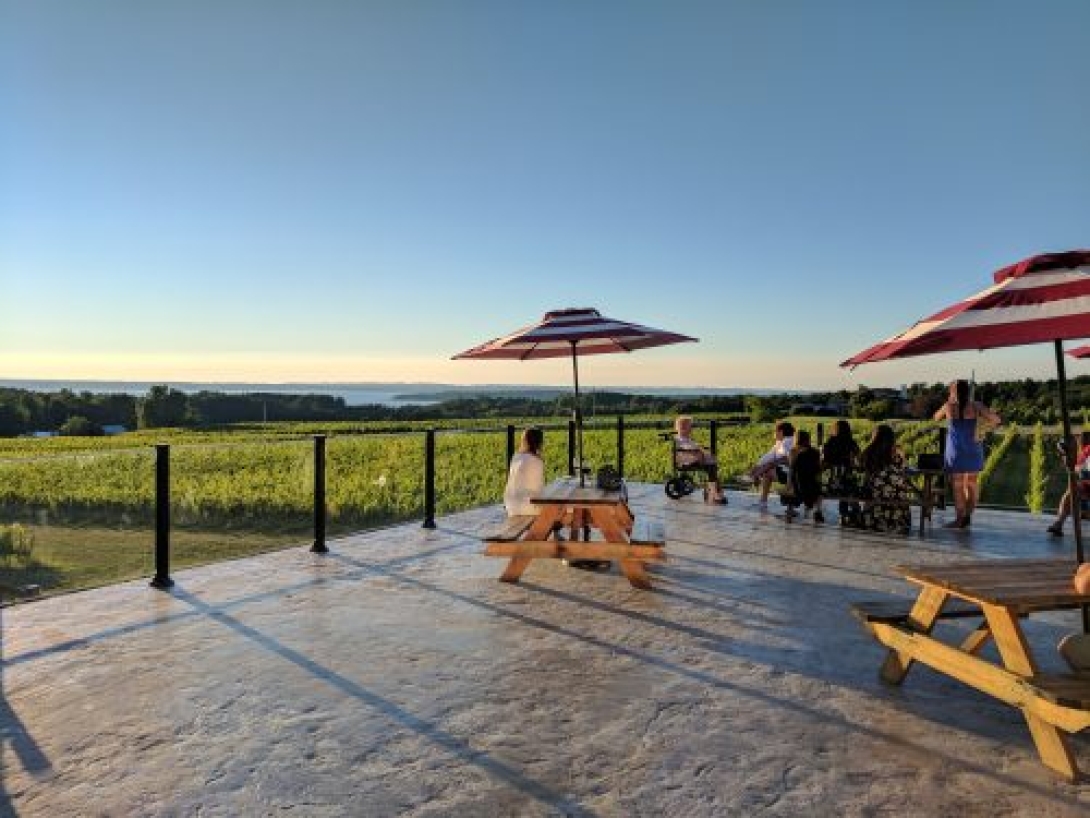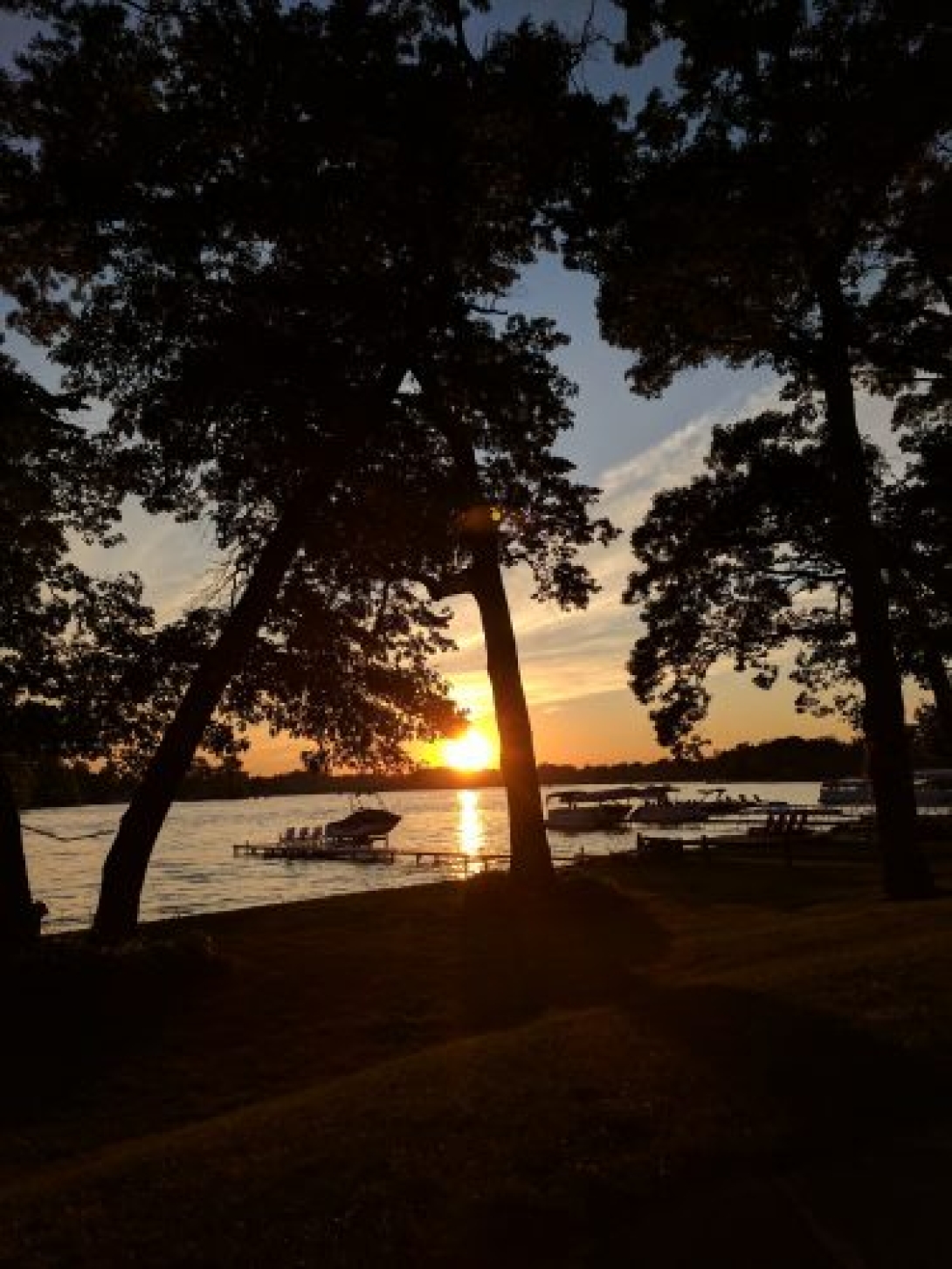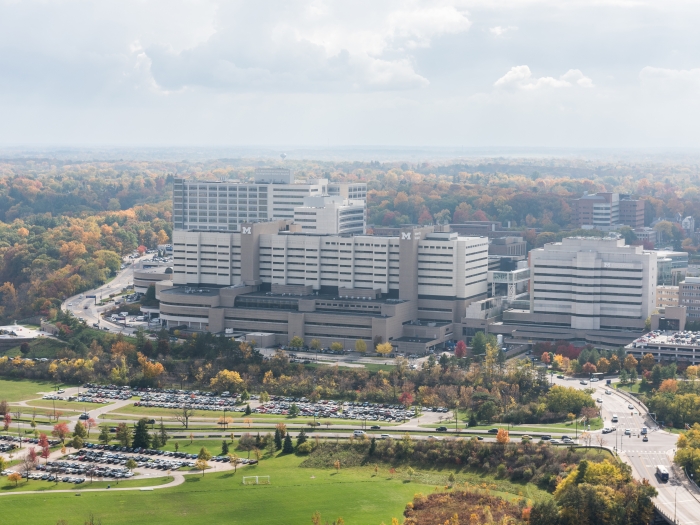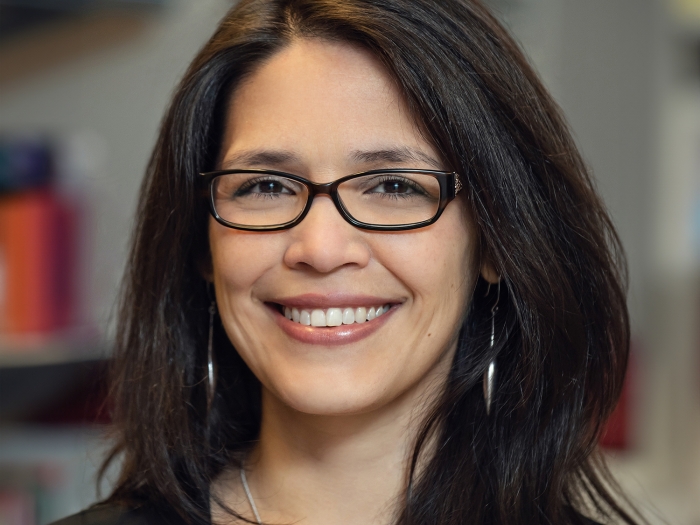Hi everyone, thanks for reading about my new adventure! I am an M4 student currently on leave from the medical school to pursue one of the many dual degree opportunities available at the University of Michigan Medical School. In particular, I am a part of this year's Master of Science in Clinical Research (MSCR) cohort.
After more than a year of spending my days traversing the hurried corridors of Michigan Medicine, this week I traded my stethoscope for pencil and sat down in a lecture hall of more than 200 students for the first day of the School of Public Health's orientation. Do you remember those first-day-of-school jitters that you always felt growing up? The excited apprehension and nervous energy? Well unsurprisingly, those feelings were palpable among the incoming students who were starting MPH, MS and PhD programs this week. So many new faces eagerly embracing a common goal: to improve the public's health.
A view from Bonobo Winery in Traverse City, MI--a beautiful summer getaway spot for those yearning for an escape!

Since starting med school in 2014, I had been interested in the dual degree offerings at UMMS. With such a high concentration of exceptional schools and programs all on one campus, it seemed like a no-brainer to explore and take advantage. In the end, I was deciding between pursuing an MPH and the MSCR. The latter won!
The MSCR is an especially unique program. It is funded by a large training grant from the NIH in an effort to improve clinician involvement in research. We take classes in the School of Public Health ranging from biostatistics and epidemiology to translational research. We also have room to take fun electives! This semester, I'm learning how to use a statistical computer program (SAS) and also taking a health informatics class to figure out how to improve electronic medical records. Trust me, they need some work! One added bonus: since the program is funded by the NIH, there is money to cover tuition, living expenses, as well as academic and career development opportunities (such as attending conferences) for the year. Our cohort consists almost entirely of medical students, though previous years have included students from the dental school, pharmacy school, and others.
Beyond the classroom, we are also required to conduct yearlong, mentored scholarly research in our primary area of interest. That spells excitement for most of us in the program—dedicated research time is hard to come by in med school. I am doing a couple of projects in my intended specialty, neurosurgery. One project is using spatial epidemiology to map the incidence of rare skull base cancers in Michigan. I'm examining whether chemicals from large industrial plants or water contaminants might contribute to risk for some of the rare skull base cancers that we don't know much about. The other relates to clinical outcomes for surgically corrected congenital brain malformations. There are a number of conditions that kids are born with that may or may not require surgical intervention. We are interested in evaluating the ways that we treat those kids to determine how to improve to augment clinical outcomes. It's been really fun to immerse in an area that I'm excited about—and the best part is that what I learn in my classes has direct application to how I conduct my research.
Now I won't lie, there is another enormous benefit to taking a 'year-on' (rather than a year-off) from medical school. While many of my classmates are shoulder deep in residency applications, the rest of us are enjoying this lovely Ann Arbor summer! I took several trips to Traverse City, MI (one of the northernmost points in the lower peninsula), went home to Colorado, attended weddings, read books for pleasure (imagine that!), and caught up on sleep. This year will be just the recharge I need before cranking out those residency applications and moving on to the next step.
From what I have heard, almost 1/3 of my class is taking a gap year this year—many are pursuing dual degrees, though others are conducting high quality research either here on campus or with international programs abroad. There are so many unique opportunities to augment your medical education here at U-M. I feel so fortunate to be taking advantage of this one.
Thanks for keeping up with my new adventure. Now, it's time to get back to writing a conference abstract so that I'm free to watch Thursday night football tonight! Who said that the life of a medical student can't be fun?


Department of Communication at Michigan Medicine
Want top health & research news weekly? Sign up for Health Lab’s newsletters today!





